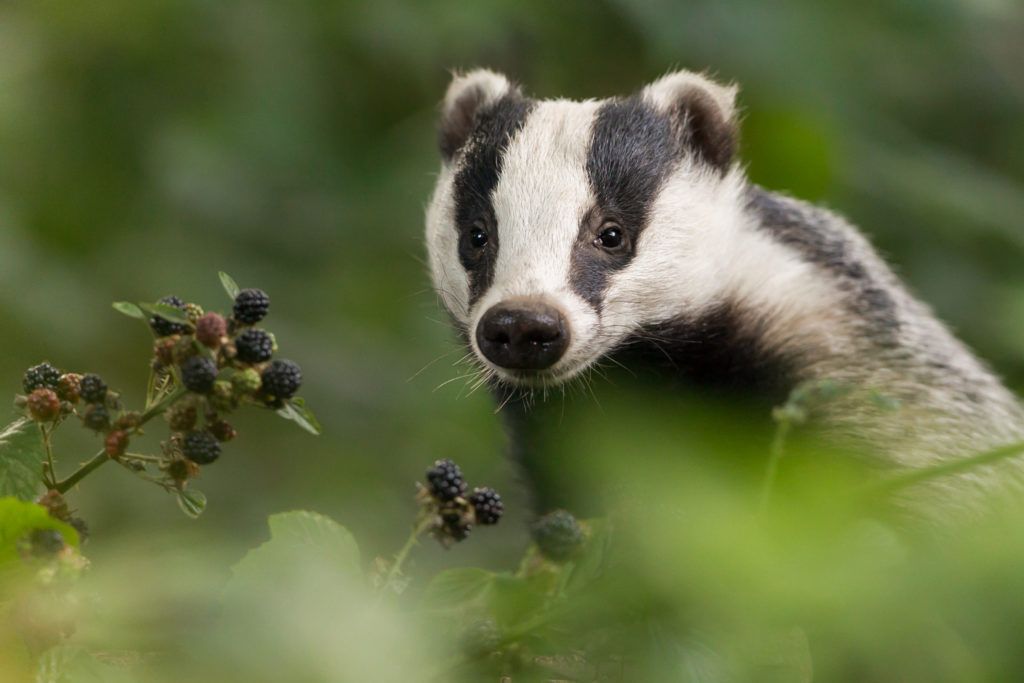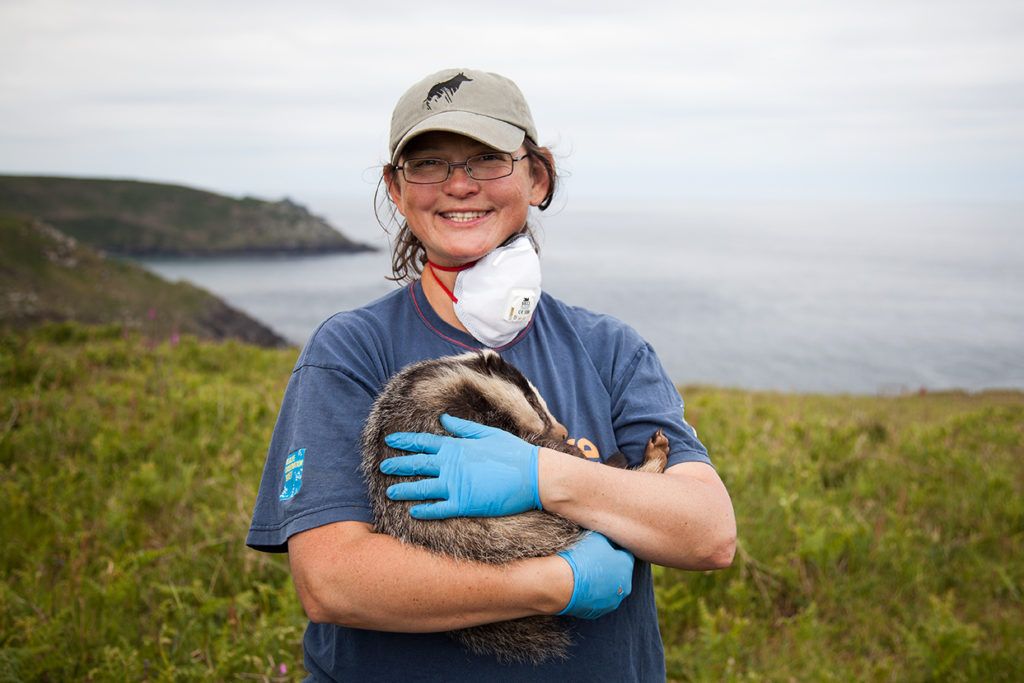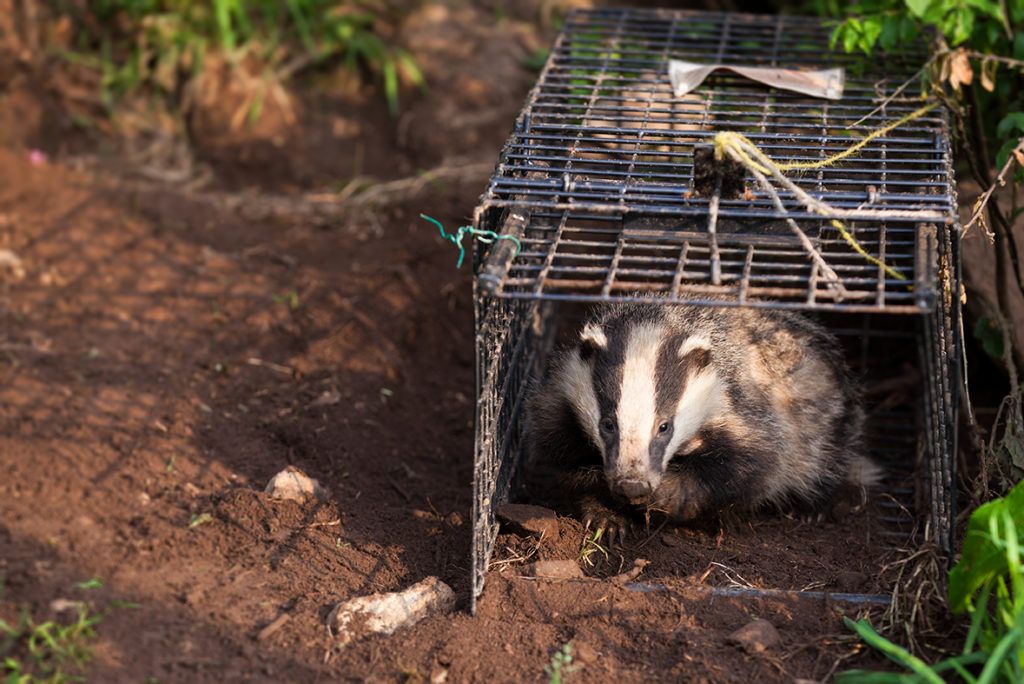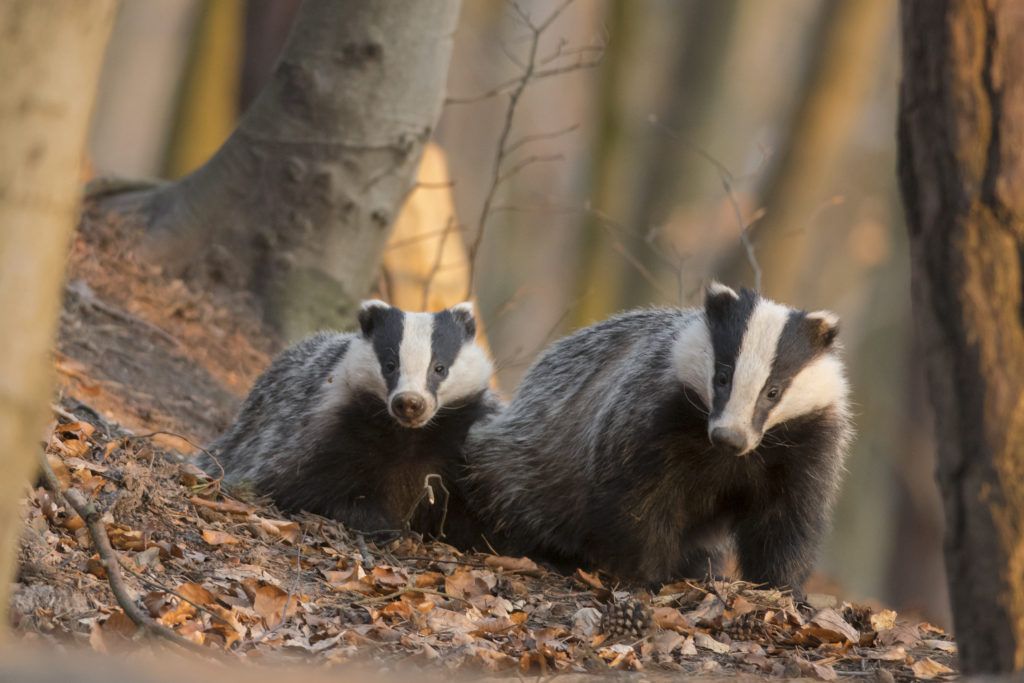Badger appeal
Make your donationCan you help us protect our beautiful badgers?
Badgers are an iconic British species. Their numbers fell drastically due to trapping and badger baiting, but were given protected status in 1992 which helped their recovery. They’re now our largest remaining carnivore, and a key character of our native wildlife and ecosystem. Nocturnal and shy, they rarely interact with people, are loved by many and are instantly recognisable.
But they also come with their own controversy. They’re regarded as a pest by many, some for the threat they pose to hedgehogs, but even more significantly, badgers can carry bovine TB; a terrible, incurable disease that necessitates the slaughter of thousands of cattle every year, and has cost the UK over £500 million to deal with. It’s a disaster for cattle and farmers and, to combat it, badger culls are carried out, especially in the south west.

Back in the 2000’s we researched the efficacy of badger culls. Our findings were that surviving badgers from badger culls dispersed to find other social groups and potentially spread bovine TB if they were carrying it. So we don’t consider culling badgers to be a completely effective method to stop bovine TB, and it costs the lives of thousands of badgers.
With badger culls expanding across the country, we’re keen to find out whether there’s a better solution to this tricky and devastating problem. We’re supporting Dr Rosie Woodroffe to evaluate whether badger vaccinations could be a more sustainable, humane and cost-efficient alternative. If they are, we’ll have a viable alternative that’s both effective at stopping the spread of bovine TB, and more suited to badgers’ natural behaviours, such as adopting new social groups. Vaccinations would also avoid culling one of our only large predators on a large scale, which have an impact on multiple wild animals.

Dr Rosie Woodroffe vaccinating a badger cub (credit Seth Jackson) 
A badger cub released from a trap after vaccination (credit Seth Jackson) 
The badgers happily back by their den.
Rosie will be vaccinating badgers across the Penwith peninsula in Cornwall to examine whether vaccinations can reduce TB in an infected badger population and if it reduces cattle TB. Penwith has a history of chronic cattle TB and has had repeated badger culling in the past. Rosie’s working with farmers, conservationists, and the community to measure TB trends in badgers and cattle, and to trap and vaccinate badgers. Many farmers are reluctant to allow culling on their land due to previous protests, and are happy to trial vaccinations instead. This vaccination project will prevent around 3,000 badgers in Penwith from being shot.
Would you help us with the next stage of our research?
Thank you
What about hedgehogs?
Where badger numbers are high, it’s likely hedgehog numbers will be low. As well as competing for the same prey, badgers will sometimes eat hedgehogs, especially if food is scarce. But we know that if the surrounding environment is rich with nesting and feeding sites, the species coexist. So we’re focusing on improving habitat to support hedgehogs, both in urban and rural environments, as the lack of shelter, nesting sites and diversity of prey is a greater and more pressing issue.

